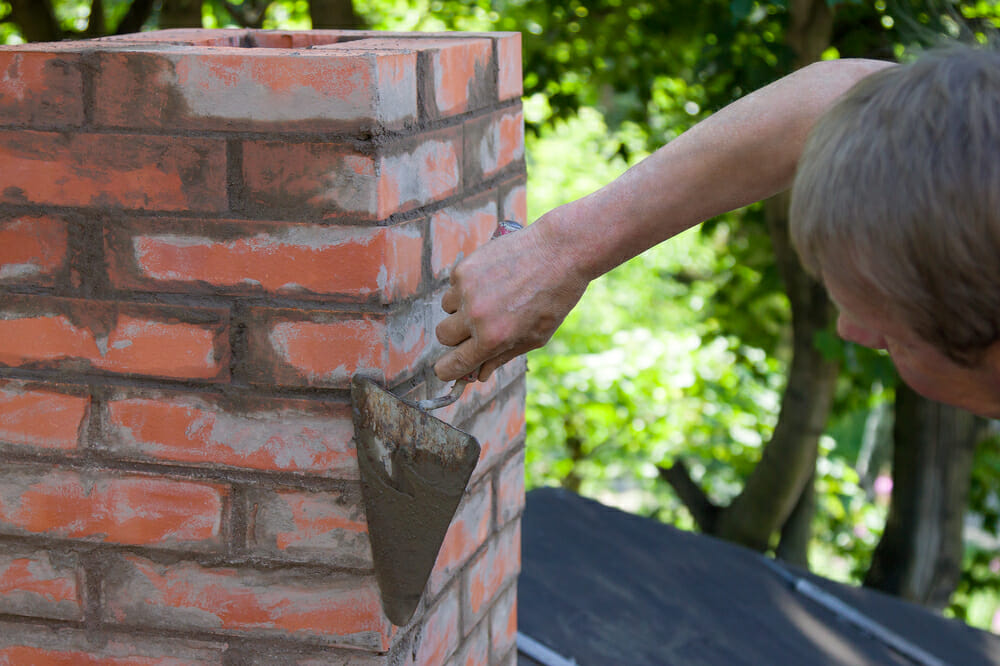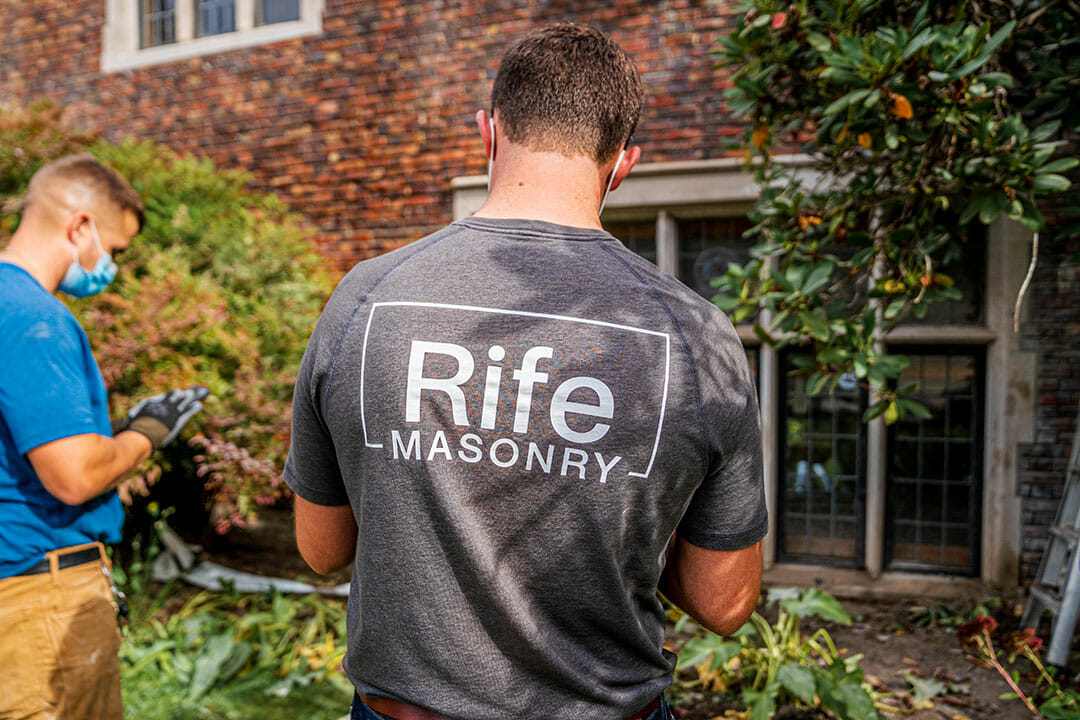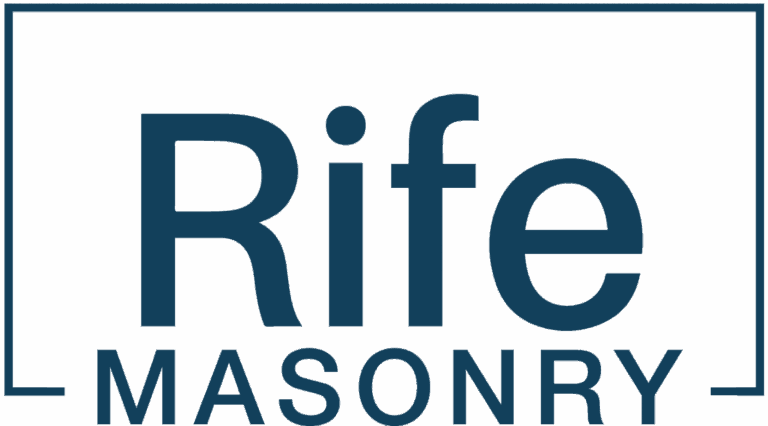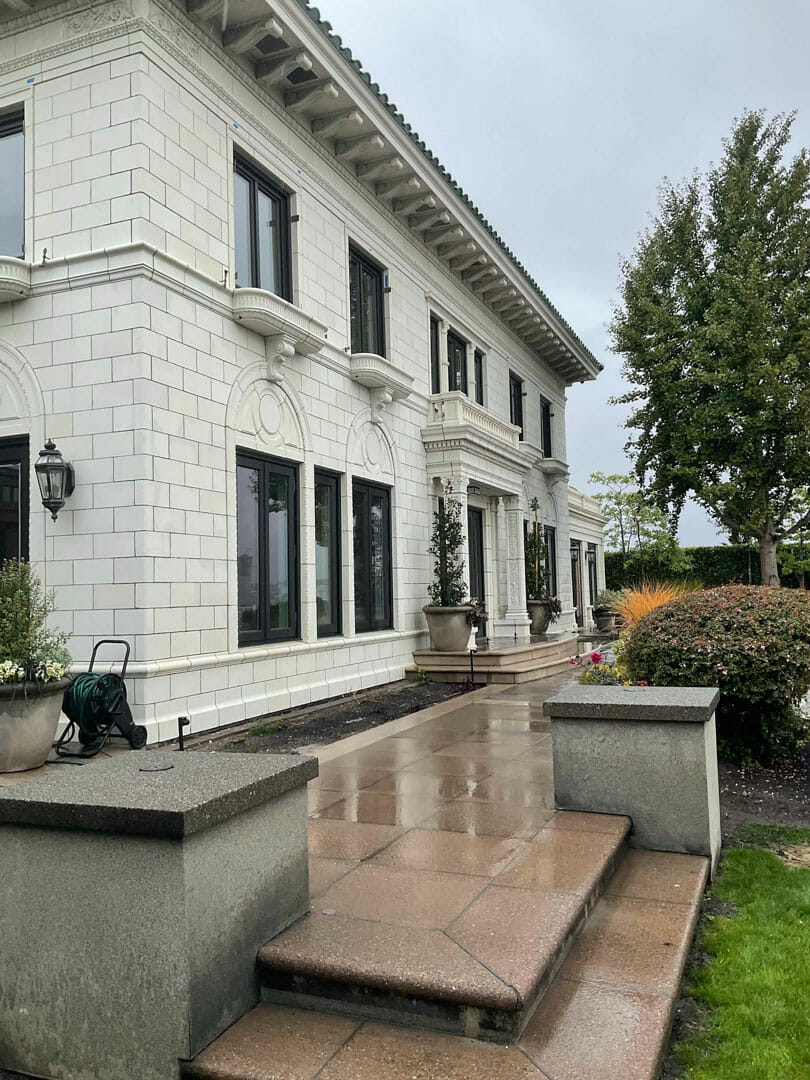As a brick building owner, it’s only natural to want to maintain your building’s structural integrity and historic charm. Unfortunately, the task of preserving your brick structure can be overwhelming, as it is a material that requires specialized care and attention. But with the right knowledge and tools at hand, it is easier than you would imagine. In this blog by Rife Masonry, we offer some strategies and techniques that aid in maintaining the condition of your brick building. By following these guidelines, you’ll be well-equipped to keep your brick looking as good as new – and mitigate costly repairs and potential safety hazards down the road.
The Importance of Maintaining Brick Structures
As a building owner, preserving the integrity of your brick is important for several reasons. First, routine maintenance significantly contributes to the structural soundness of your building by preventing issues like cracks or loose bricks, which could result in hefty repair costs and safety hazards if left unaddressed. Second, regular upkeep ensures that your property remains visually attractive while enhancing curb appeal, therefore retaining your building’s market value and appeal to visitors and customers. Lastly, investing in regular maintenance can help to prevent expensive and large-scale repairs in the future.
Typical Issues Associated with Brick Buildings
Despite their strength and durability, brick buildings are still susceptible to certain issues. Commonly encountered problems for brick building owners include:
Efflorescence
This phenomenon refers to the formation of a white powdery substance appearing on surface area bricks when water evaporates, leaving behind salt deposits. Efflorescence indicates potential damage and should be remedied immediately to avoid further deterioration.
Cracking
Over time, cracks may occur in brick masonry due to factors like soil movement, moisture, temperature, and foundation-related issues. Additionally, freeze-thaw cycles may cause the development of cracks, compromising overall structural stability and requiring immediate attention.
Leaning Chimneys
If your brick structure’s chimney appears tilted or leaning, this may suggest severe structural issues. Such problems should be immediately addressed by an expert mason to avoid possible collapse risk.
Foundation Complications
Problems with foundations can trigger serious complications in brick structures. Indications of foundation troubles include uneven flooring, cracks on walls or floors, and doors/windows becoming difficult to operate.
Loose Crumbling Bricks
If you notice any loose or dislodged bricks, address the issue as soon as possible. Loose bricks not only compromise the aesthetic appeal of the building but also pose a serious safety risk.
Structural Unsteadiness
A brick structure might encounter instability over time, resulting in leaning walls or even total collapse from various factors like foundational problems, poor construction methods, or external pressures. Any sign indicating structural instability requires immediate professional intervention.
Water Penetration
Water infiltration into a brick edifice occurs via cracks in the walls or mortar. Inadequately sealed sections cause mold growth along with damage both at superficial & deeper levels, potentially leading to health risks along with structural unsteadiness.
Fading Discoloration
Stains and discoloration on brick buildings may result from various factors such as algae, mold, or pollution. These stains make the building look unattractive and are often difficult to remove.
Any one of these problems can cause long-term structural damage as well as degrade the visual appeal of your building. Regular maintenance and immediate action can help to ensure your property remains in excellent condition for years.

Strategies to Protect Your Brick Building from Damage
To ensure the structural integrity and longevity of your brick building, we recommend taking a proactive approach towards maintenance. Some tips for preventing damage and maintaining structurally sound masonry include:
Routine Inspections
Conduct regular checks looking for early signs of deterioration, which, if detected promptly, helps avoid further harm and costly repair bills. Look for signs of cracking, loose or dislodged bricks, water damage, and deteriorating mortar.
Proper Drainage
Ensure you have adequate drainage around the foundation area that does not allow water accumulation. Water infiltration may cause serious damage to the bricks and mortar over time.
Trim Surrounding Trees and Shrubs
Make sure branches of vegetation coming in contact with walls are trimmed since they may damage mortar or bricks. Vegetation, such as tree branches or vines, can also cause moisture issues by blocking sunlight and trapping moisture against the bricks.
Check Gutters and Downspouts Regularly
Clean and inspect gutters and downspouts frequently to prevent overflow that damages masonry work. Ensure debris effectively diverts away from the structure.
Avoid Harsh Chemicals While Cleaning
Use cleaners specially designed for use on masonry surfaces. However, refrain from using strong substances that might be detrimental to both mortar and bricks.
Avoid Pressure Washing
Although it might seem like a convenient and quick way to clean up a brick structure, pressure washing actually dislodges and weakens bricks. Instead, we recommend gentle scrubbing with a mild detergent.
By adhering to these proven strategies, you can proactively shield your masonry against various forms of damage and ensure long-lasting durability. Remember, routine preventive measures play a vital role in safeguarding both visual appeal and structural soundness.

Advantages of Hiring Professional Masonry Contractors in Seattle
When it comes to maintaining your brick building, you don’t want to go it alone. Hiring a professional mason for maintenance and repairs provides several benefits. Masonry experts possess the necessary skills and knowledge to inspect and evaluate your brick, spot damage, and determine the best course of action for repairs and restoration. They can easily identify issues that are not apparent to the untrained eye.
Additionally, masonry contractors have the specialized tools and equipment required for tasks ranging from cleaning and caulking to tuckpointing and waterproofing. Their expertise can ensure the job is completed to the highest standards.
As a building owner, hiring professionals also saves you time and effort. Labor-intensive masonry tasks involve hours of physical labor-outsourcing allows for focus on other important tasks while the professionals handle the job. Furthermore, hiring Seattle masonry contractors saves money in the long run by providing prompt and correct repairs that prevent further costly repairs in the future.
Contact Us For Professional Masonry Repair in Seattle
For help preserving and repairing your brick building in Seattle, Rife Masonry should be your go-to choice. From tuckpointing mortar joints bricks to repairing brick envelopes and widespread cracking, our team of professionals can ensure a job well done. Don’t let your brick building fall into disrepair – contact Rife Masonry today and let us help you keep your brick building looking its best.


